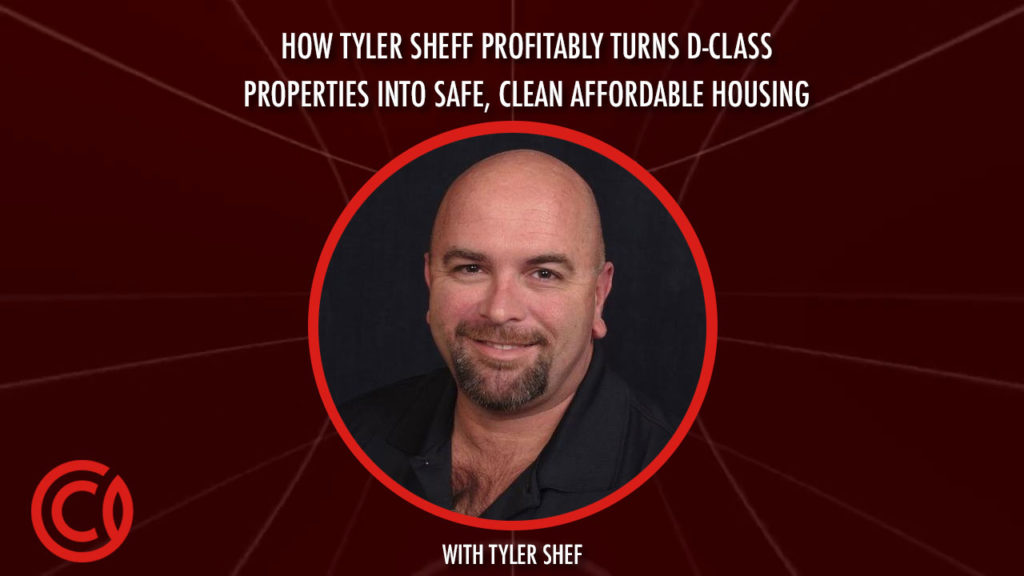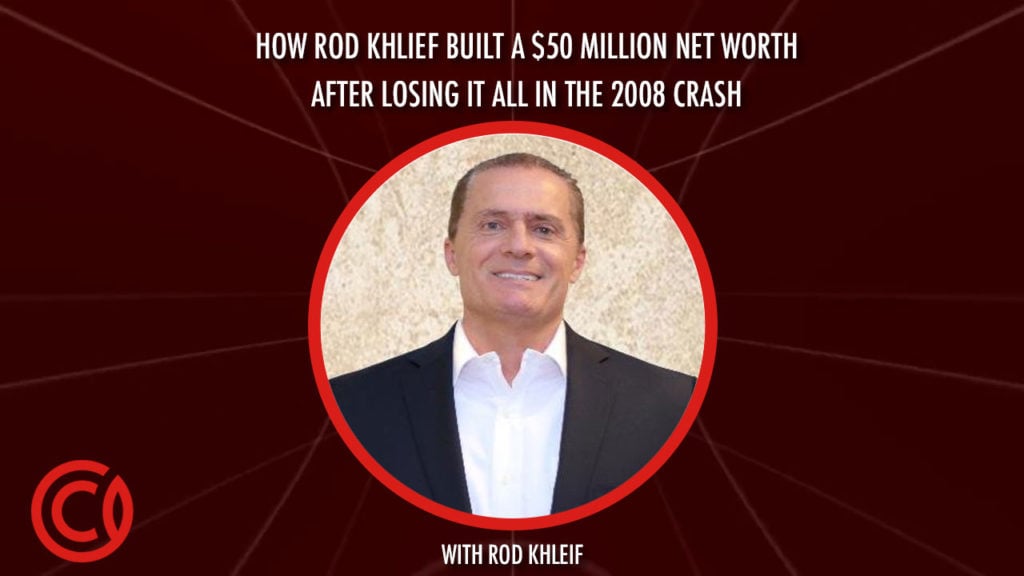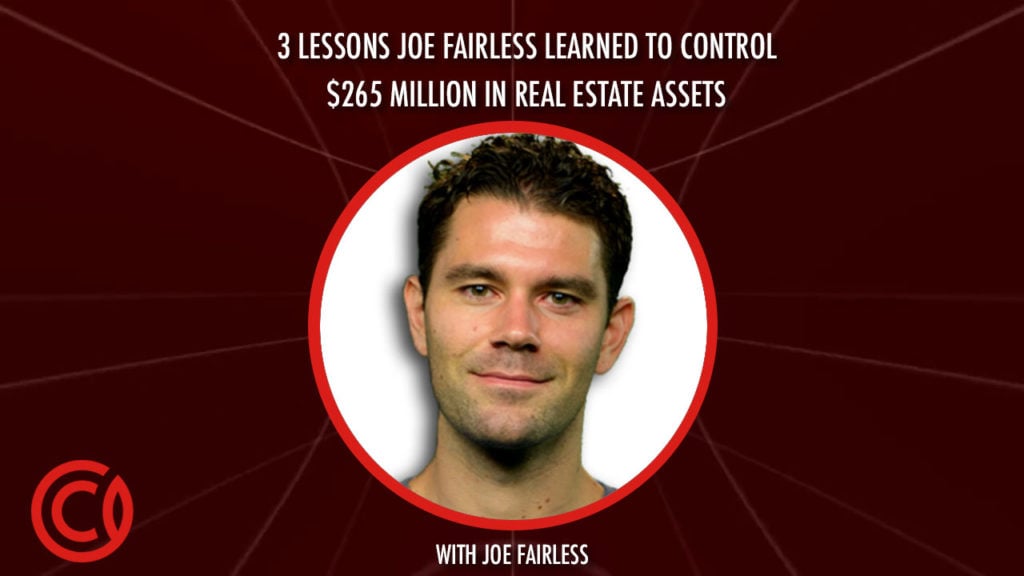If you’ve heard the term “angel investor” but haven’t been sure exactly what it’s about, this is the conversation for you. On this episode, I chat with Jim Sullivan, an experienced businessman who has only been working as part of an angel investing group for just over two years at the time of our conversation. He’s the perfect guy to explain what angel investing is, how investing groups come together, how they assess potential investment partners, and what they are aiming to achieve in the end. I think you’ll really enjoy hearing Jim’s perspective on what it means to be an angel investor. He’s even got some advice on how to get started in angel investing, so be sure you make the time to listen.
Why would an individual investor join an angel investing group?
Of course, anyone who has the money to invest in startup or first stage companies is able to do so. But doing so on your own can be very risky. An angel investing group is a partnership of individual angel investors who agree to work together to consider, assess, and advise early-stage startup companies in search of funding. The members of the group share the load of examining the risk VS reward of investing in the various companies and together make the decision to invest or not. It’s a great way to share the burden needed to make truly smart investing decisions. Jim Sullivan of The EF Angels investing group helps us understand how it works and is my guest today, on this episode of Capital Gains.
How does an angel investing group find its investment partners?
When you consider that there are always new companies looking for investment capital and that there are always investors who are looking to invest in promising new ideas and technologies, it may seem that getting those two parties together is a simple thing. But it’s really not. On this episode of the Capital Gains podcast, Jim Sullivan shares how he and his angel investment group make the first contact with potential startups through personal connections, introductions, and more. It’s proof that relationships and connections matter in business and you can hear how Jim and his group follow up with those first-time introductions to establish investment partnerships, so be sure you listen.
Why does an angel investing group perform “due diligence?”
Imagine someone you don’t know approaching you at the local coffee shop. The person tells you about his brand new company, the incredible ways he believes it will change a specific high-tech field, and asks if you have the funds to become an investor in what he’s doing. Would you be interested? Most investors wouldn’t simply because they don’t know enough about the person, his company and product, what stage of development and marketing he’s at, and is likely at least a bit ignorant about the market the product or service is targeting. In short, there’s been no “due diligence” performed to ensure that the risk is one that is acceptable. Jim Sullivan is my guest on this episode and he explains what his angel investing group does in terms of due diligence so you can better understand how an angel investor makes decisions to invest or not invest.
The first things to consider if you want to be an angel investor.
When I asked my guest, Jim Sullivan what he recommends for the person who is intrigued by the idea of becoming an angel investor, he responded by saying that the first thing a person needs to consider is that they have a certain “risk threshold” - a level of risk beyond which they are unwilling to go. He recommends you know what your personal risk tolerance is and that you get your head around the idea that angel investing has no guarantees. You have to be prepared for the possibility that in every deal you may walk away with none of the money you’ve invested. It’s for this reason that Jim believes that angel investing is not for everyone and why he shares the kind of temperament that he believes is most suited to being an angel investor, on this episode.
Outline of This Episode
Resources & People Mentioned
Jonathan's Websites
Connect with Capitalism.com
Website: https://www.capitalism.com/
On Youtube
On Facebook
On Twitter
On LinkedIn








